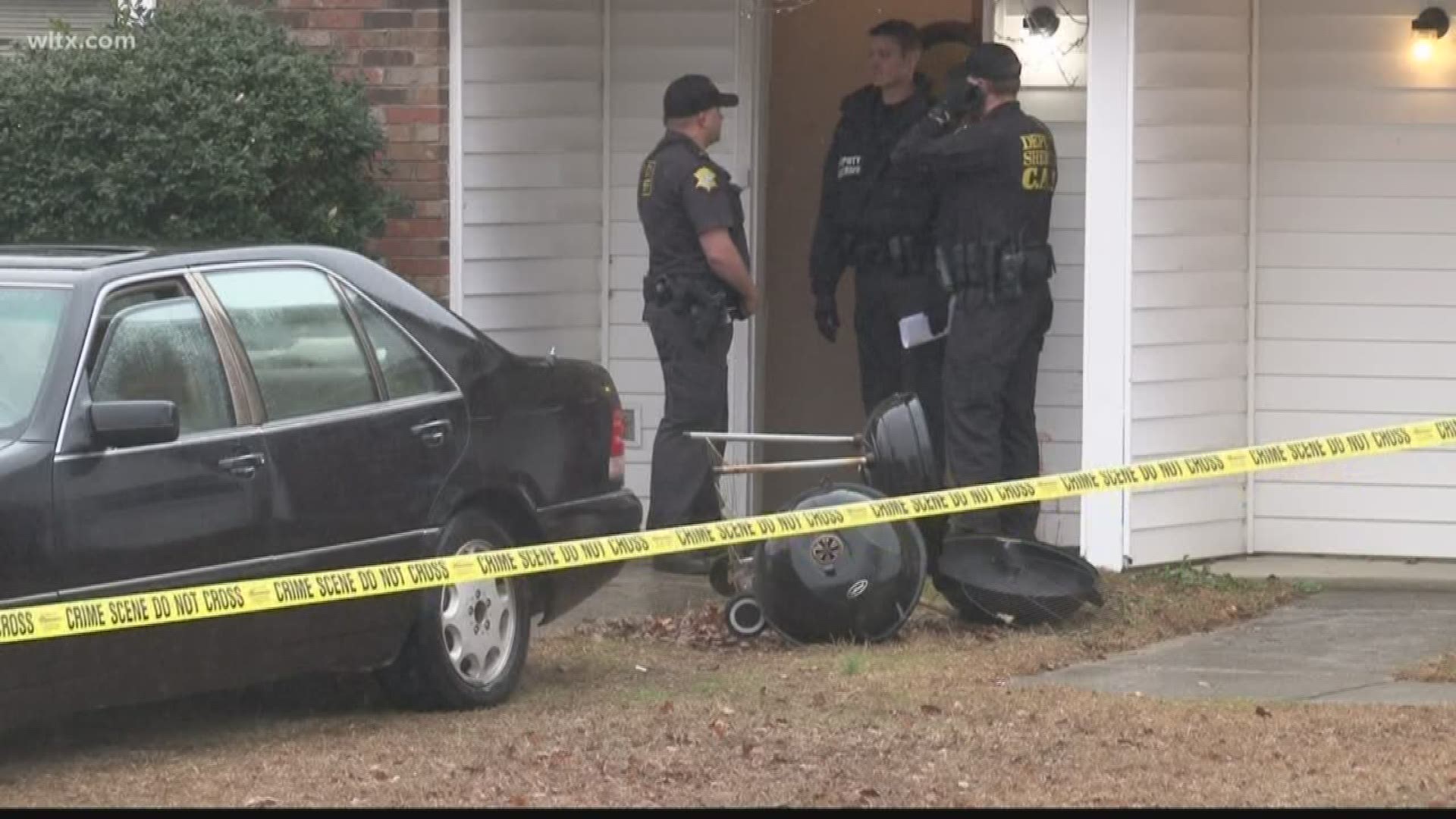COLUMBIA, S.C. — The State Law Enforcement Division (SLED) has a program solely dedicated to providing agencies across the state with any kind of help they need when dealing with a traumatic case.
The SLED Employee Assistance Program was established in 1997 and modeled after a concept currently used at the FBI to assist agencies and provide chaplains during critical cases or just in general.
The recent Cayce case of Faye Swetlik affected people across the Midlands as well as the first responders on scene. Over 20 law enforcement agencies were directly involved in the case.
Dr. Eric Skidmore with the South Carolina Law Enforcement Assistance Program-SCLEAP- spoke about some of the ways they assist agencies across the state, "Any law enforcement agency can call on SCLEAP in times of tragedy or stress so as the agencies around our state experience officer involved shootings, chases where people are killed, suicides of police officers, incidents involving the death of children, line of duty deaths- those are the kind of incidents that agencies will call on us and they'll ask for our assistance through the services we provide."
The program started under a federal grant and then after three years SLED, SC Department of Nature Resources, SC Department of Public Safety and the SC Department of Probation, Parole, and Pardon Service all came together and said they wanted the program to continue and actually signed it into South Carolina law.
And what are those services? Dr. Skidmore says they have a lot to offer: Peer Support Program, Crisis Management Briefings, Post Deployment Program, Sudden Traumatic Loss Seminars and much more.
"Probably the intervention that we're most proud of is called the Post Critical Incident Seminar. It's a seminar we borrowed from the FBI 20 years ago. We hold it four times a year here in South Carolina, and whether you're a big department like Spartanburg Sheriff's Office or Charleston Police Department, or a small office like Springdale Police Department or the Jasper County Sheriff's Office, all of those officers- these services are available to them," Dr. Skidmore says,"So we'll invite those officers who've been involved directly in critical incidence, we'll invite them to invite their spouse, their significant other, and they will receive services over the source of three days and it's really one of the best things we do. Officers report back to us all the time, they say 'that saved my career,' 'that saved my marriage,' 'that saved my life.' So, we're very proud of it."
An interesting fact about the program is they never deploy themselves. "Either a chief or a sheriff or the commander of a state police agency needs to make contact or have their designee make contact with us or one of the commanders of one of our sponsoring agencies will deploy us to a scene," Dr. Skidmore says, "maybe it's involving the Highway Patrol so Colonel Chris Williamson may call and say 'We've had this incident happen in Orangeburg County, can you guys get down there and begin to assess what's going on, draw in members of the Highway Patrol team and let's put a plan together to take care of the officers involved in the incident.'"
Dr. Skidmore says they are interested in the whole person: their physical health, mental health, relationships, their ability to do their job and more. "We're going to try and provide services that help those officers come to understand that they're normal human beings, that they've been through an abnormal event but whatever their reactions may be, those are normal reactions to an abnormal event," Dr. Skidmore says, "so the normalization of the impact of a critical incident."
After the officers have gone through seminars and still feel "stuck," SCLEAP can provide one-on-one help with clinical counselors. There is even a program called "FRST," First Responders Support Team, that offers behavioral health services designed to assist first responders and their families.
Dr. Skidmore told us that several years ago their legislature had a proviso in the budget giving funds to fire, EMS, dispatchers and law enforcement and SCLEAP has used those funds to train new peer team members, mental health professionals and also to buy a specialized form of insurance.This insurance supplements the insurance they receive through their agencies and provides them with the opportunity to get any kind of extra care that they need.
"Police officers are more human than anything else," Dr. Skimore said,"I think of them as athletes, in other words, they're very resilient, they're highly trained, they're screened as they come into this field, but they are human beings. And, you put an officer into a situation where they feel highly vulnerable, it's a matter of life and death, they observe someone get hurt or killed right in front of them- any normal human being would be impacted by that kind of critical incident.
Dr. Skidmore hopes police officers across the state and the public know that these resources are available in our state and to make use of them.
For more information on SCLEAP head to their website.

